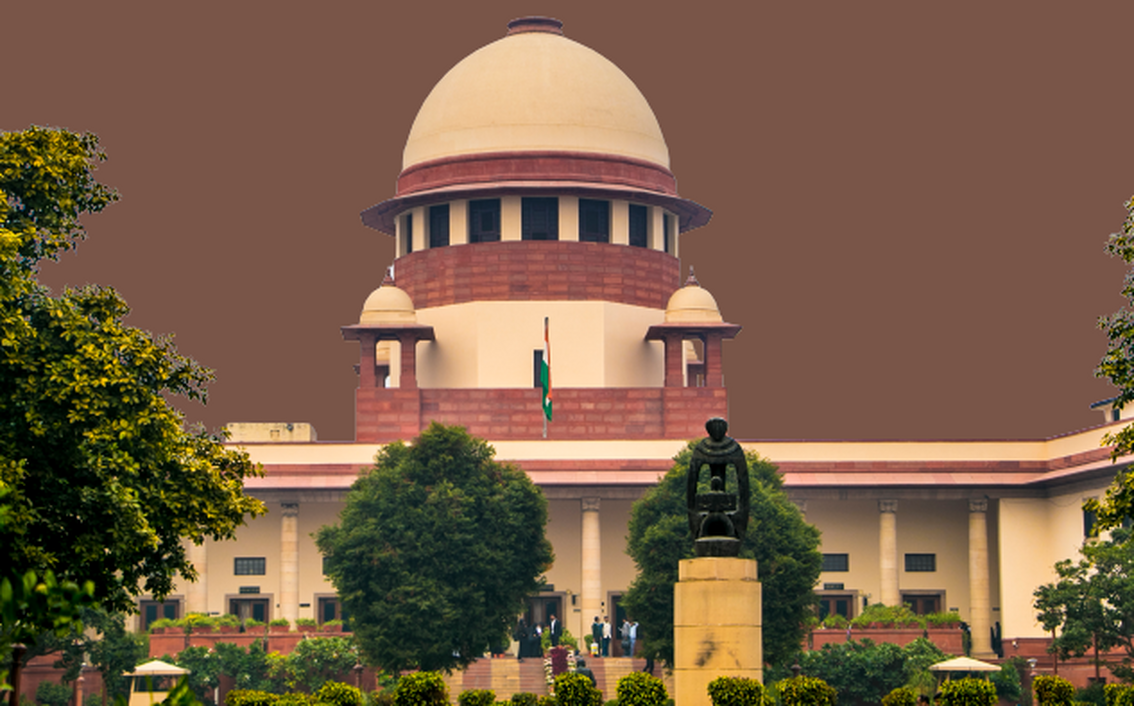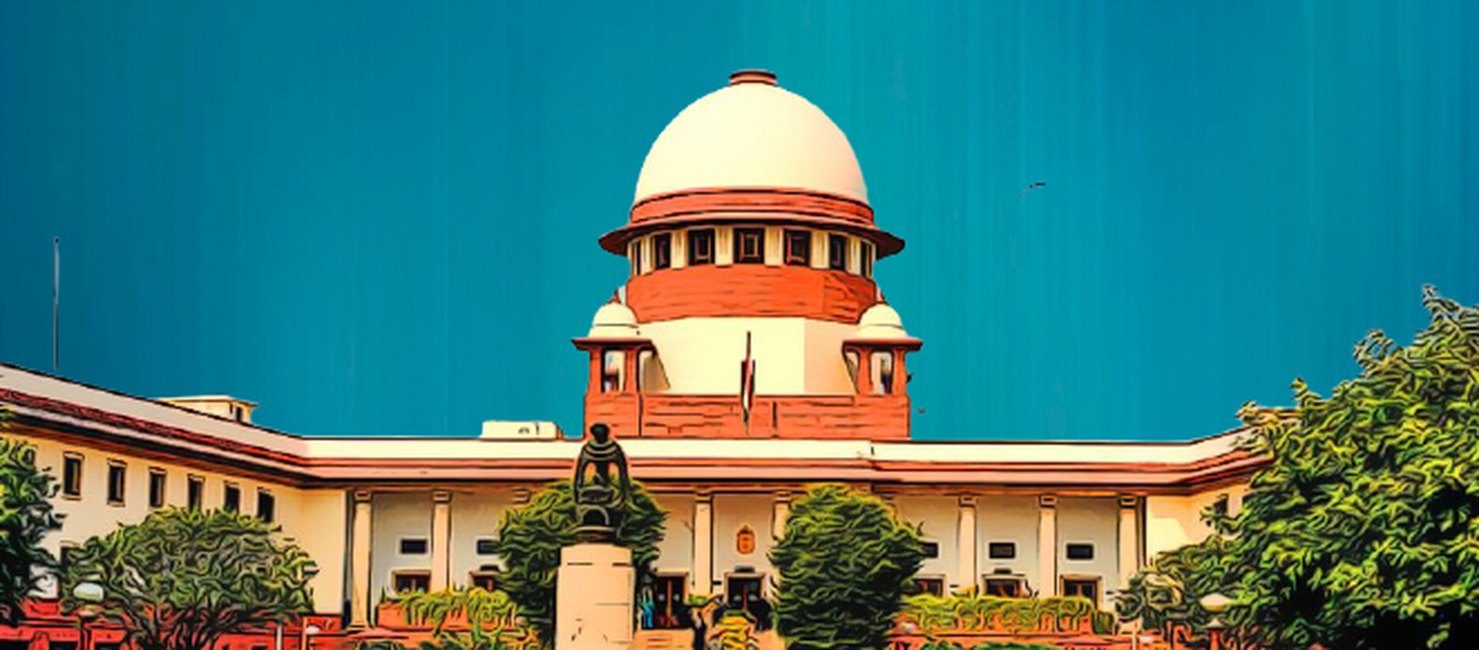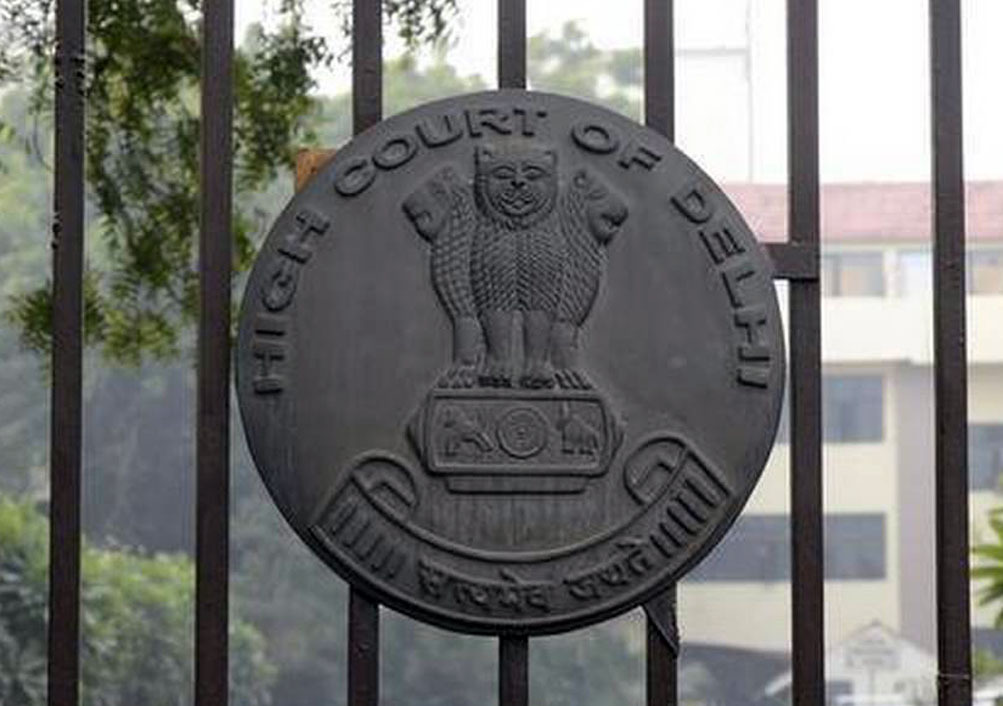Offence u/s 3 of PMLA not made out as there are no proceeds of crime: SC quashes money laundering charges against ex-IAS Officer & son in Chhattisgarh liquor scam case
Justices Abhay S. Oka & Ujjal Bhuyan [08-04-2024]

Read Order: YASH TUTEJA & ANR v. UNION OF INDIA & ORS [SC-WRIT PETITION (CRIMINAL) NO.153/2023, 208/2023, 216/2023, 217/2023]
Tulip Kanth
New Delhi, April 15, 2024: In a recent development in the Chhattisgarh liquor scam case, the Supreme Court has quashed PMLA charges against ex-IAS Officer Anil Tuteja & his son Yash Tuteja after noting that no scheduled offence was made out on the basis of the complaint and therefore, there couldn’t be any proceeds of crime.
The Division Bench of Justice Abhay S. Oka & Justice Ujjal Bhuyan was considering a petition challenging the complaint filed by the Directorate of Enforcement under Section 44(1)(b) of the Prevention of Money-Laundering Act, 2002 (PMLA).
The Bench noted the undisputed fact that the alleged scheduled offences on which the complaint was based were under various sections of the Income-tax Act, 1961, read with Sections 120B, 191, 199, 200 and 204 of the Indian Penal Code, 1860 ( IPC). It was also not in dispute that except for Section 120B of the IPC, none of the offences are scheduled offences within the meaning of clause (y) of sub-Section (1) of Section 2 of the PMLA.
Placing reliance upon PavanaDibbur v. Directorate of Enforcement, the Bench said, “Hence, the offence punishable under Section 120B could become a scheduled offence only if the conspiracy alleged is of committing an offence which is specifically included in the Schedule to the PMLA.”
In this case, admittedly, the offences alleged in the complaint except Section 120-B of IPC are not the scheduled offences. It was further noticed that the Conspiracy to commit any of the offences included in the Schedule had not been alleged in the complaint. The Enforcement Case Information Report, which was the subject matter of the complaint, wass based on the offences relied upon in the complaint.
The Top Court was of the view that as the conspiracy alleged is of the commission of offences which are not the scheduled offences, the offences mentioned in the complaint are not scheduled offences within the meaning of clause (y) of sub-Section (1) of Section 2 of the PMLA.
“Therefore, in the absence of the scheduled offence, as held in the decision mentioned above of this Court, there cannot be any proceeds of crime within the meaning of clause (u) of subSection (1) of Section 2 of the PMLA. If there are no proceeds of crime, the offence under Section 3 of the PMLA is not made out. The reason is that existence of the proceeds of crime is a condition precedent for the applicability of Section 3 of the PMLA”, the Bench said.
The Bench further proceeded to explain that once a complaint is filed before the Special Court, the provisions of Sections 200 to 204 of the Cr.PCwill apply to the Complaint. There is no provision in the PMLA which overrides the provisions of Sections 200 to Sections 204 of Cr.PC. Hence, the Special Court will have to apply its mind to the question of whether a prima facie case of a commission of an offence under Section 3 of the PMLA is made out in a complaint under Section 44(1)(b) of the PMLA. If the Special Court is of the view that no prima facie case of an offence under Section 3 of the PMLA is made out, it must exercise the power under Section 203 of the Cr.PC to dismiss the complaint. If a prima facie case is made out, the Special Court can take recourse to Section 204 of the Cr. PC, it added.
In this case, no scheduled offence is made out the basis of the complaint as the offences relied upon therein are not scheduled offences. Therefore, there cannot be any proceeds of crime. Hence, there cannot be an offence under Section 3 of the PMLA. Therefore, no purpose will be served by directing the Special Court to apply its mind in accordance with Section 203 read with Section 204 of the Cr.PC. That will only be an empty formality”, the Court asserted.
“We may note that the petitioners in Writ Petition (Crl.) No.153/2023 and the petitioner in Writ Petition (Crl.) No.217/2023 have not been shown as accused in the complaint. Only the second petitioner in Writ Petition (Crl.) No.208/2023 and the petitioner in Writ Petition No.216/2023 have been shown as accused in the complaint. In the case of those petitioners who are not shown as accused in the complaint, it is unnecessary to entertain the Writ Petitions since the complaint itself is being quashed”, the Bench ordered.
The Bench also quashed the complaint based on ECIR as far as the petitioners Anwar Dhebar and Arun Pati Tripathi were concerned. The Top Court also directed that the interim order dated August 7, 2023 passed in Writ Petition (Crl.) Nos.153/2023 and 208/2023 would continue to operate for 3 weeks to enable the petitioners to take recourse to appropriate proceedings before the appropriate Court.
Sign up for our weekly newsletter to stay up to date on our product, events featured blog, special offer and all of the exciting things that take place here at Legitquest.




Add a Comment